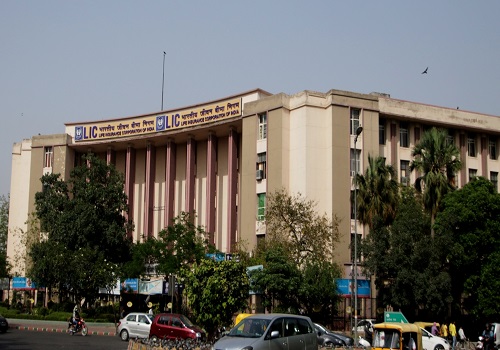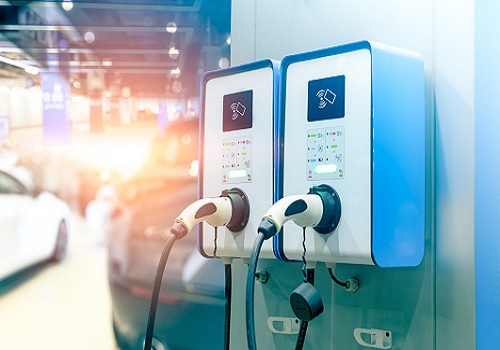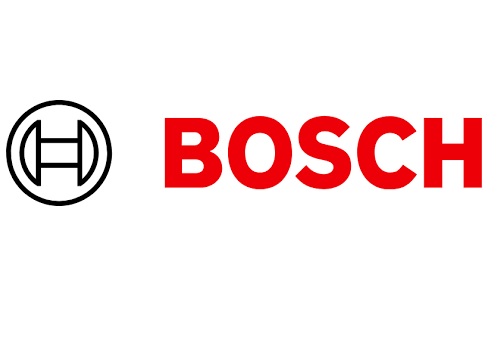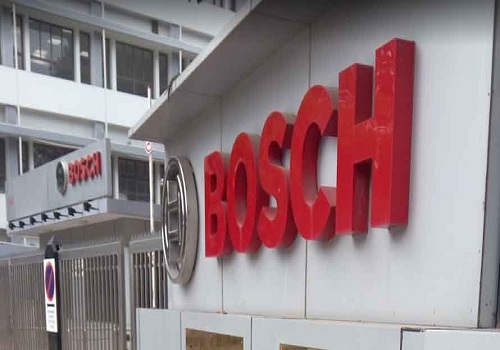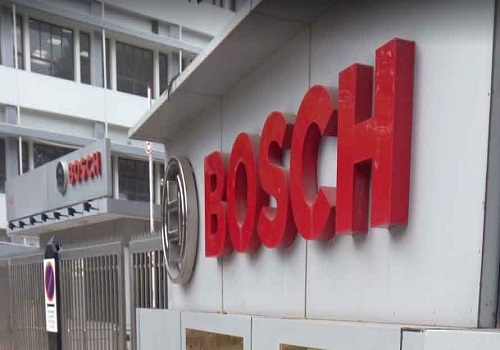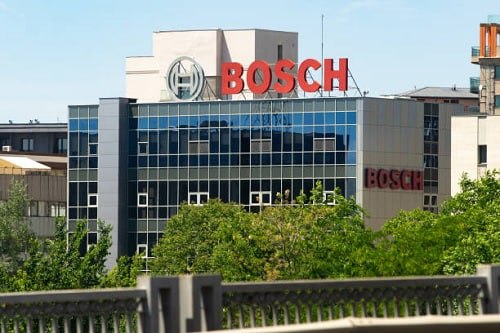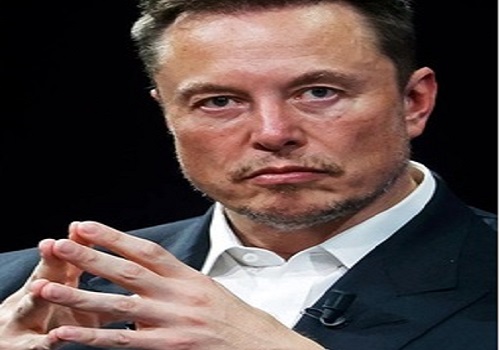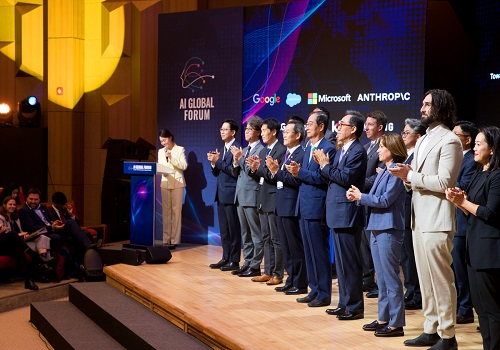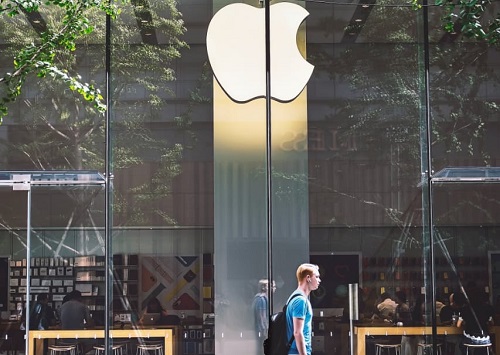Bosch acquires US chipmaker TSI Semiconductors for $1.5 bn
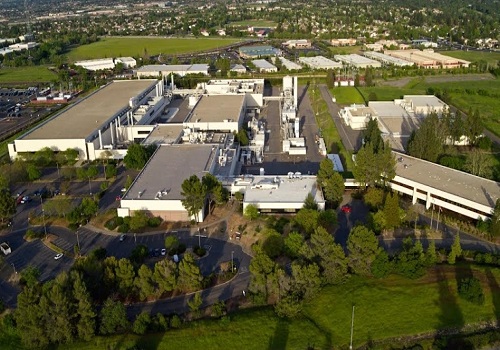
Follow us Now on Telegram ! Get daily 10 - 12 important updates on Business, Finance and Investment. Join our Telegram Channel
German conglomerate Bosch on Wednesday said it is acquiring US chipmaker TSI Semiconductors for $1.5 billion and converting its manufacturing facilities to state-of-the-art processes.
With the planned acquisition, Bosch will significantly expand its global portfolio of silicon carbide (SiC) semiconductors by the end of 2030.
Starting in 2026, the first chips will be produced on 200-millimeter wafers based on the innovative material silicon carbide.
"With this planned investment in the US, we are also increasing our semiconductor manufacturing, globally," said Bosch Chairman Dr. Stefan Hartung.
With a workforce of 250, TSI Semiconductors is a foundry for application-specific integrated circuits, or ASICs.
Currently, it mainly develops and produces large volumes of chips on 200-millimeter silicon wafers for applications in the mobility, telecommunications, energy, and life sciences industries.
"We are pleased to join a globally operating technology company with extensive semiconductor expertise. We are confident that our Roseville (in California) location will be a significant addition to Boscha`s SiC chipmaking operations," said Oded Tal, CEO at TSI Semiconductors.
At an early stage, Bosch invested in the development and production of SiC chips.
Since 2021, it has been using its own proprietary, highly complex processes to mass-produce them at its Reutlingen location near Stuttgart.
"SiC chips are a key component for electrified mobility. By extending our semiconductor operations internationally, we are strengthening our local presence in an important electric vehicle market," said Dr Markus Heyn, member of the Bosch board of management and chairman of the Mobility Solutions business sector.
Demand for chips for the automotive industry remains high. By 2025, Bosch expects to have an average of 25 of its chips integrated in every new vehicle.









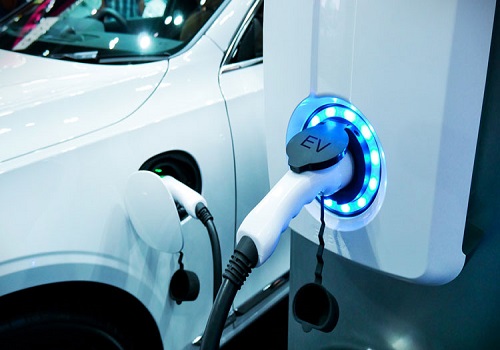


 320-x-100_uti_gold.jpg" alt="Advertisement">
320-x-100_uti_gold.jpg" alt="Advertisement">

